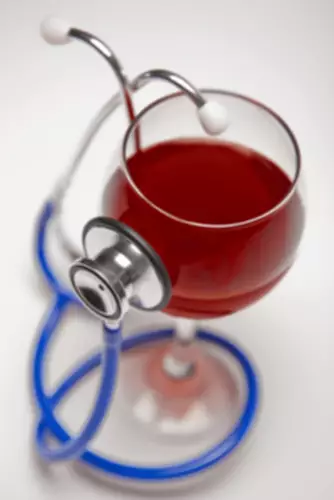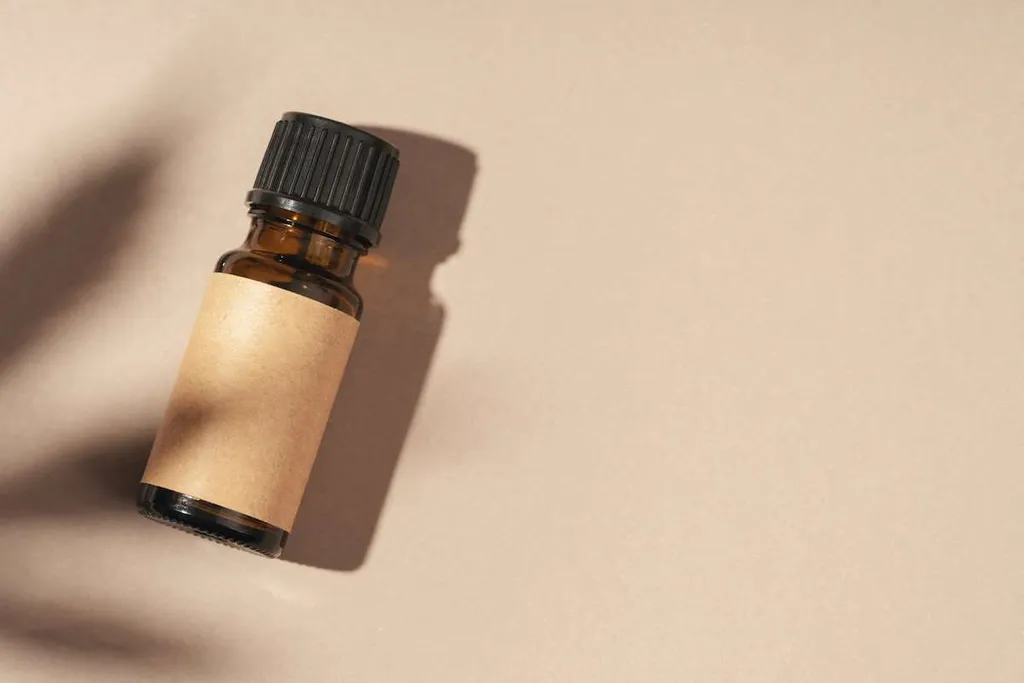
The cause of generalized hyperhidrosis is usually an underlying medical condition or medication use. For example, it can be caused by diabetes, thyroid problems or certain medications such as Naproxen (Aleve®) and zinc supplements (Cold-Eze®). People with generalized hyperhidrosis typically experience severe discomfort due to their symptoms and may even avoid activities that require physical exertion. Other treatments include medications, iontophoresis (a machine used to reduce sweat output), surgery, or a combination of these therapies. In postmenopausal women who experience hot flashes and night sweats due to reduced estrogen levels, hormone replacement therapy may also be effective in reducing excessive sweating. 75% of women going through menopause experience hot flashes and night sweats in their final year, which can be severe enough to greatly impact their quality of life.

our Blood Sugar Drops
- Remember that moderation should be practiced whenever consuming alcohol so that you can reduce any potential harm caused by overindulging.
- While this process makes our skin feel warmer, the widening of blood vessels is actually our body’s way of cooling itself down after drinking alcohol.
- Besides this, if you’re drinking while seated in a crowded, poorly ventilated place, you might also feel overheated.
- The alcohol that doesn’t get metabolized by the liver is broken down into diacetic acid, carbon dioxide, and water.
Right after you drink alcohol, it triggers changes in the hypothalamus region of the brain that regulates body temperatures. Your body will then rush to produce more heat to balance your temperature levels. Unfortunately, once you sober up, your body will still be in heat production mode. You’ll find that you have a surge of heat as the alcohol wears off, and this is often part of the reason you experience night sweats. If you’re a regular drinker and find you’re waking up with night sweats after drinking, it could be a sign of alcohol withdrawal. Alcohol withdrawal symptoms can begin within a few hours of your last drink and last anywhere from a few hours to a couple of weeks.
How to Send Someone to Drug Rehab: Resources and Support Options
Secondary hyperhidrosis is the excessive sweating caused by an underlying medical condition. It can occur in any area of the body, but most commonly affects the armpits, palms, and feet. Treatment options vary depending on the cause and severity of symptoms. Alcohol consumption can significantly impact the body and its organs.
- Our saliva helps limit bacterial growth and neutralizes the acids produced by bacteria.
- Additionally, fatigue, a persistent sense of tiredness or weariness, often accompanies night sweats, potentially impacting overall well-being.
- It involves facing several hurdles over a long time, and sobriety fatigue is one of those.
- Moderate alcohol consumption is typically defined as one drink per day for women and up to two drinks per day for men.
How Do I Know I Have Night Sweats? Common Signs of Night Sweats
Excessive sweating during alcohol withdrawal is caused by an overactive autonomic nervous system, which regulates heart rate, digestion, sexual arousal, and perspiration. Alcohol withdrawal symptoms can kick in a few hours after your last drink or several days later. But sometimes, alcohol can cause night sweats when you haven’t been drinking, which can be a symptom of a more severe problem. A small what is alcoholism percentage of people might experience the most severe withdrawal symptoms, known as delirium tremens. While there could be several different explanations for this, alcohol is a common cause of night sweats and this can be a physical sign of alcoholism.
Asparagus has asparagusic acid and other sulfur-containing compounds that produce odors. Whiskey, bourbon and other brown liquors have much higher levels of congeners. Beer contains lots of complex sugars and carbs which provide food for bacteria. Apocrine sweat contains more nutrients than eccrine sweat, including proteins, carbohydrates, and lipids. Bacteria feast on these substances to emit odorous fatty acids and amines.

After all, studies have shown that almost 50% of adults wish to reduce their intake without giving up alcohol altogether. Alcohol suppresses rapid eye movement, or REM sleep, which is an essential restorative stage of sleep your body requires. And does alcohol make you sweat more the next day since alcohol is a diuretic, you’ll probably visit the bathroom more frequently at night, which can significantly hinder sleep. If you’ve noticed consistent weight gain, it may be time to reflect on your drinking habits. Heavy drinking can lead to easy bruising and bleeding, and not just because you’re more prone to falling and hitting table corners when drunk.

